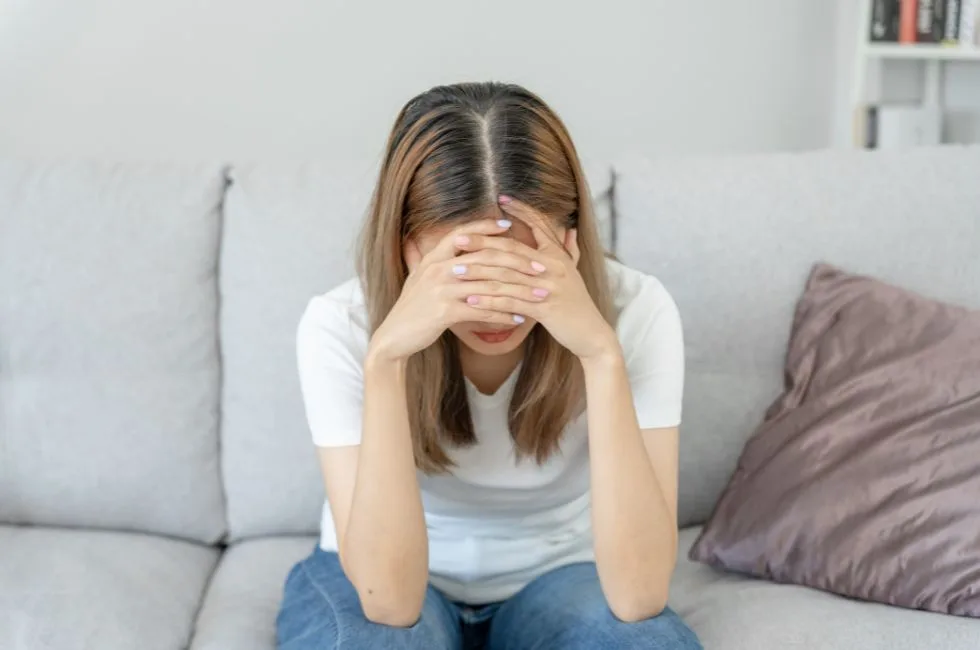The question, “Is my sex drive normal?” is a common one, reflecting a universal concern. However, the concept of ‘normal’ when it comes to sexual desire is far from straightforward.
From the outset, it’s crucial to recognize that sex drive is inherently personal and subjective. It’s influenced by a myriad of factors – physical, psychological, emotional, and relational. In our exploration, we’ll travel through the different aspects that contribute to one’s libido, understanding that each individual’s experience is unique.
The Spectrum of Sex Drive

Sex drive, often referred to as libido, is as unique as a fingerprint. It varies widely among individuals and is influenced by a constellation of factors, making it a deeply personal aspect of human experience.
Understanding the Variability
- Biological Factors: Hormonal fluctuations, age, and physical health play a significant role. For instance, testosterone and estrogen levels significantly impact libido.
- Psychological Factors: Mental health, including stress, anxiety, and depression, can influence sexual desire. A person’s psychological state is a crucial determinant of their sex drive.
- Relationship Dynamics: The health and longevity of a relationship, emotional intimacy, and partner compatibility are key influencers. Changes in these dynamics can lead to shifts in libido.
- Lifestyle and Environment: Factors like work stress, lifestyle choices (such as exercise and diet), and environmental stressors also contribute to the variability of sex drive.
Myths vs. Facts
In our quest to understand sex drive, it’s essential to separate fiction from fact. Here are some common myths and their factual counterpoints:
- Myth: A high sex drive is a sign of better physical and mental health.
- Fact: There is no direct correlation between high libido and overall health. Libido levels are not reliable indicators of physical or mental health status.
- Myth: Aging always leads to a decreased sex drive.
- Fact: While hormonal changes with aging can affect libido, many individuals maintain a healthy sex drive well into later life.
- Myth: Men always have a higher sex drive than women.
- Fact: Sex drive varies greatly among individuals regardless of gender. It’s a misconception to stereotype libido based on gender alone.
Understanding Your Own Libido

Self-awareness is key in understanding your sex drive. Reflecting on your own desires and how they manifest can help in recognizing what is normal for you. Consider the following:
- Self-Assessment: Pay attention to your own patterns of desire and any changes you notice. Are there particular circumstances that increase or decrease your libido?
- Communication with Partner: Openly discussing sexual needs and desires with your partner can lead to a better understanding of each other’s libidos and can enhance intimacy.
- Embracing Individuality: Recognize that your sex drive is unique to you. Comparing it to others’ experiences or societal expectations can lead to unnecessary stress.
When Variations Become Concerns

While variations in sex drive are typically normal, there are instances when they might signal underlying issues. It’s important to discern when these changes warrant professional consultation.
Recognizing the Signs:
- Sudden Changes: A sudden and drastic change in libido, especially if it’s causing distress or affecting relationships, may indicate underlying health issues, including hormonal imbalances or psychological concerns.
- Physical Discomfort: Experiencing pain or discomfort during sexual activity is not normal and should be discussed with a healthcare provider.
- Emotional Distress: Feelings of anxiety, guilt, or distress about one’s sex drive can be a sign that professional guidance might be beneficial.
Navigating Professional Help:
- Seeking Medical Advice: Consult a healthcare provider to rule out or address any medical conditions that might be affecting your libido.
- Therapy and Counseling: Mental health professionals, especially those specializing in sexual health, can provide valuable support and strategies for managing concerns related to sex drive.
Healthy Practices to Maintain Balanced Libido

Maintaining a balanced sex drive involves a holistic approach that encompasses both physical and mental health. Here are some practices that can positively influence libido:
- Healthy Lifestyle Choices: Regular exercise, a balanced diet, and adequate sleep can boost your overall health, including your sex drive.
- Stress Management: Techniques such as mindfulness, yoga, or meditation can help manage stress, which in turn can positively impact libido.
- Emotional Wellbeing: Fostering emotional connections and engaging in activities that boost self-esteem and happiness can reflect positively on your sexual desire.
- Open Communication: Regularly discussing sexual needs and desires with your partner can foster a healthy sexual relationship.




